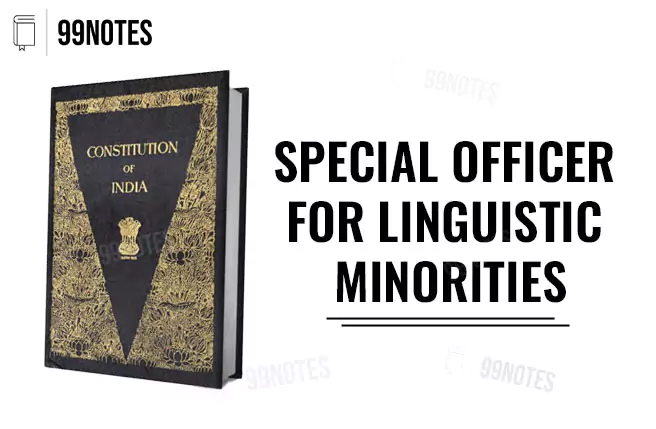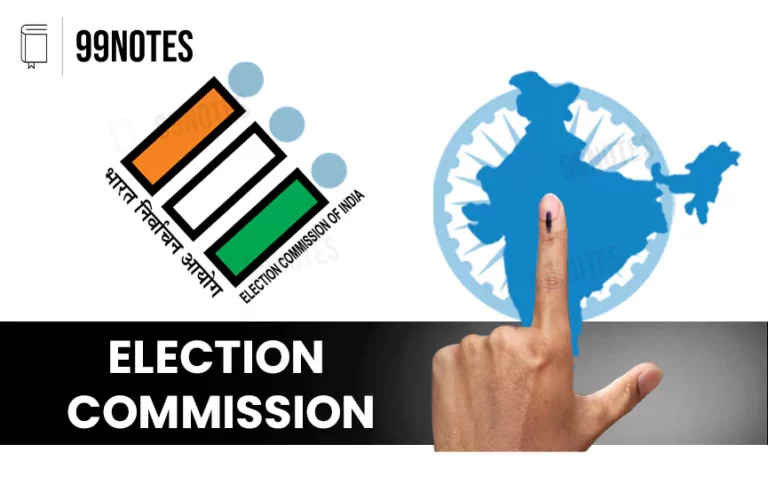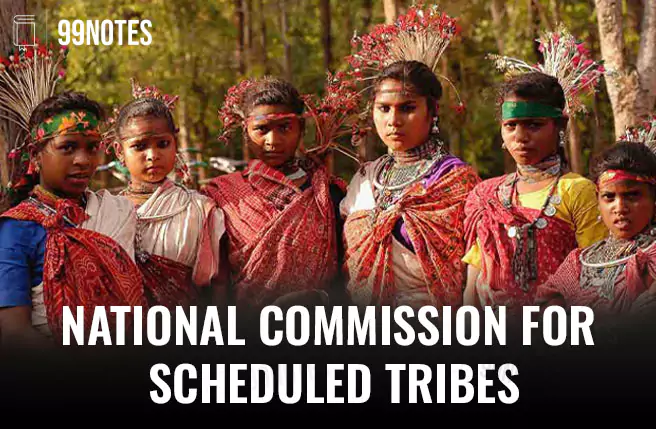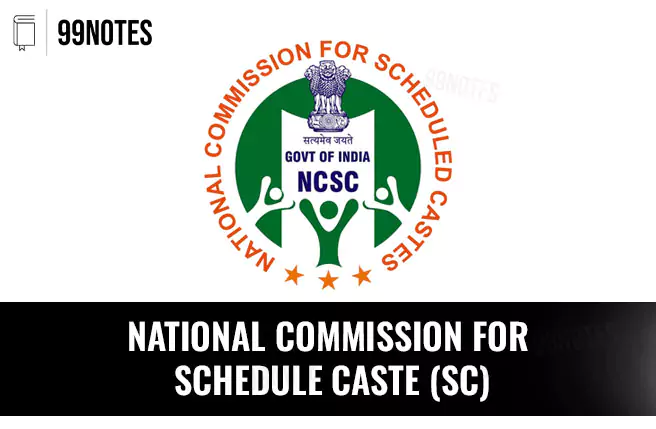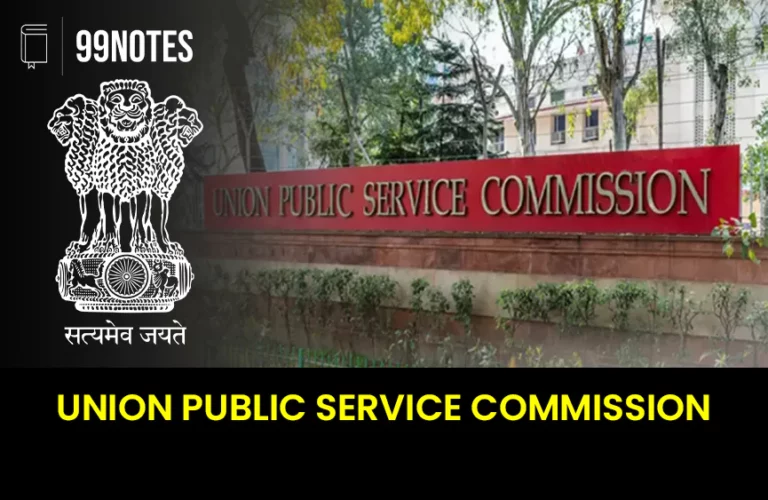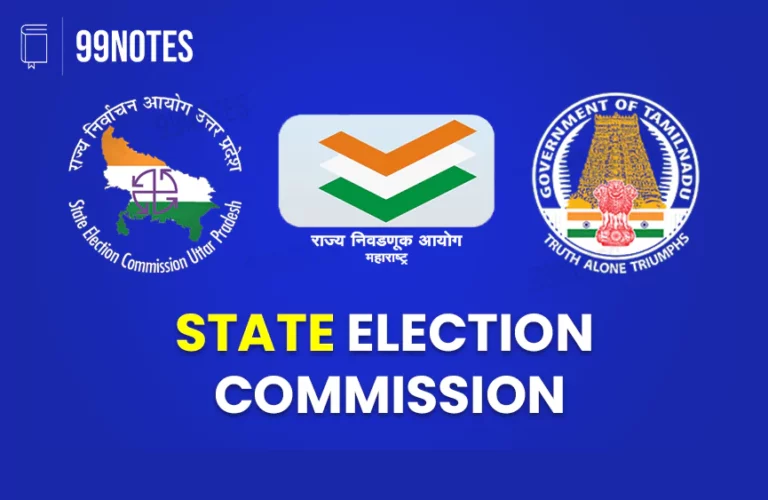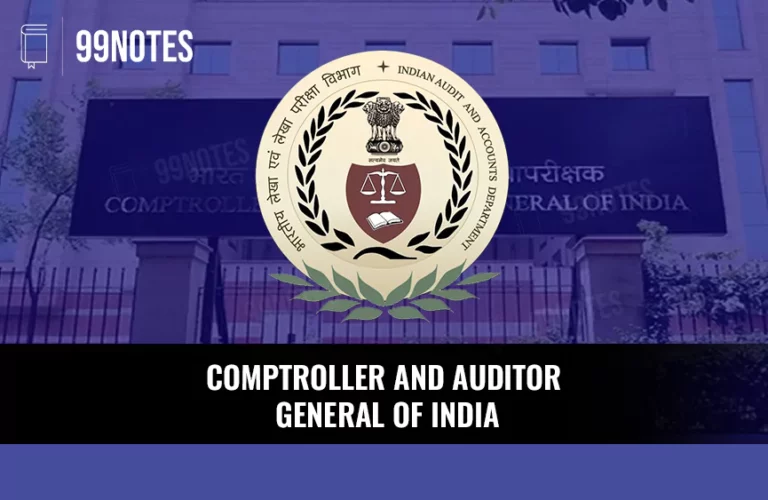Special Officer for Linguistic Minorities- UPSC Notes
Linguistic minorities are groups of people who live in the territory of India or any part thereof and have a distinct language or script.
- The Word linguistic minorities have not been defined in the Constitution of India. However, Linguistic minorities can be understood as any group or groups of people whose mother tongues are distinct from the principal language of the State and at the district and tehsil level, etc.
- A Linguistic Minority group may or may not belong to the speakers of 22 languages mentioned in the Eighth Schedule of the Constitution of India.
Why is there a need for the protection of linguistic minorities?
In India, the data collected about mother tongues shows that there are 1,369 mother tongues, which were regrouped into 270 mother tongues (spoken by more than 10,000 people) and 121 languages. This data tells volumes about the linguistic diversity in India.
However, despite this diversity, India has earned the dubious distinction of being the country with the greatest number of endangered languages – in the world. UNESCO’s Atlas of the World’s Languages in Danger lists 197 Indian languages facing the risk of being endangered, making India the country with the most endangered languages in the world.
Safeguards for linguistic minorities mentioned in the Constitution:
The Constitution of India safeguards linguistic minorities under the following provisions:
| Provision | Details |
| Article 29 | Any section of the citizens residing in the territory of India or any part thereof having a distinct language, script or culture shall have the right to conserve the same. |
| Article 30 | It provides minorities with the right to establish and manage their educational institutions. |
| Article 347 | President may, if he is satisfied, direct State to officially recognise any language throughout that State or any part thereof for such purpose as he may specify |
| Article 350A | It shall be the endeavour of every State and of every local authority within the State to provide adequate facilities for instruction in the mother tongue at the primary stage of education. |
| Article 350B | It provides for a Special Officer for Linguistic Minorities, who is known as the Commissioner for Linguistic Minorities in India (CLM), to investigate all the matters relating to the Safeguards provided for the linguistic minorities. |
| 8th Schedule | Provides Twenty-Two Languages as scheduled languages |
State Reorganization Commission, 1956:
- Initially, The provision for creating a special officer for linguistic Minorities was not mentioned in the Constitution.
- Later, the State Reorganisation Commission in 1956 recommended the establishment of a mechanism to solve the problem of Linguistic minorities.
- 7th Constitutional Amendment Act, 1957 was enacted based on the recommendation of the State Reorganisation Act and inserted Articles 350A and 350B in part XVII of the Constitution.
Special Officer for Linguistic Minorities (Commissioner for Linguistic Minorities):
- Commissioner for Linguistic Minorities: Under Article 350B(1), a post for a Special Officer for Linguistic Minorities was created. He is designated as Commissioner for linguistic Minorities.
- The Constitution does not mention the Qualification, Service of condition, Tenure, Salaries, and procedure for removal of the special officer for Linguistic Minorities.
- Duty: He/she investigates matters relating to protecting linguistic minorities under the Constitution [Article 350B (2)].
- Presentation of report: It is the responsibility of the particular officer for linguistics to report to the President upon the matters as the President may direct. The President laid all these reports to the houses of the Parliament.
- Headquarters: His headquarters is in Allahabad (Uttar Pradesh), and he is assisted by a Deputy Commissioner and an Assistant Commissioner.
- Regional Offices: The Commissioner has three regional offices and is assisted by an Assistant Commissioner:
- Belgaum (Karnataka)
- Chennai (Tamil Nadu)
- Kolkata (West Bengal)
- They maintain coordination with the state governments and Union Territories of India through nodal officers appointed by them.
- Ministry: The Commissioner falls under the Ministry of Minority Affairs at the Central level, and through the Union Minority Affairs Minister, he/she presents the annual reports or other reports to the President.
Role of the Commissioner:
- Grievances redressal: It is the commissioner’s responsibility to take up all the issues that are related to the non-implementation of the constitutional and nationally agreed scheme of the safeguards that are provided to linguistic minorities.
- He/she takes up the issues brought before him by the linguistic minority individuals, groups, organisations or associations at the highest political and administrative levels of the state governments and Union Territories administrations and suggests actions to be taken.
- Protect and preserve linguistic minority groups: The Ministry of Minority Affairs has urged the state government/ union territories to publish the constitutional safeguards that are provided to linguistic minorities and to take necessary administrative steps.
- The governments and UT administrations were requested to give priority to the implementation of the scheme of safeguards for linguistic minorities.
- 10-Point Programme: these points are launched by the commissioner to boost government efforts towards preserving the language and culture of linguistic minorities.
Vision and Mission of the Special officers for linguistic Minorities:
Vision:
- Providing power to the minority communities and creating an enabling environment for strengthening the multi-ethnic, multi-cultural, multi-lingual and multi-religious character of our nation.
- Strengthening Implementation Machinery: Streamlining and strengthening the implementation system and providing mechanisms for effective implementation of the constitutional safeguards for linguistic minorities.
- Ensuring the protection of the rights of speakers of minority languages
- Thereby providing them equal opportunities for inclusive and integrated development.
Mission:
- To improve the socio-economic conditions of minority groups through the policy of affirmative action and inclusive development.
- To provide an equitable share for minority communities in education, employment, and economic activities and to ensure their upliftment.
- To ensure that all the states/Union Territories effectively implement the constitutional safeguards and the nationally agreed scheme safeguard for linguistic minorities to facilitate equal opportunities for inclusive development.
Functions of the special officer for linguistic Minorities:
Under Article 350B of the Constitution, the following functions have been enumerated:
- Investigates safeguard-related matters: H/she monitors and looks into issues relating to the constitutional and other legal safeguards provided to the linguistic group.
- Presentation of report: The commission may present the report annually or at other times as the Constitution may specify to the President on the status of the implementation of the Constitution and the nationally agreed safeguards for linguistic minorities.
- Monitors implementation: it is the responsibility of the special officer for linguistic minorities to look into the implementation of the safeguards through questionnaires, conferences, visits, seminars, meetings, review mechanisms, etc.
Objectives of the special officer for linguistic Minorities:
- Equal Opportunities: To facilitate linguistic minorities with equal opportunities for inclusive development and national integration.
- Spreading Awareness: Spreading awareness amongst the linguistic minorities about various protection and safeguards available to them.
- Effective implementation of the safeguards: To adhere to successful and efficient implementation of the safeguards available to the linguistic minorities provided they are agreed to by the states/UTs.
- Grievances redressal: To look into the matters related to grievances redressal that are related to the safeguard for linguistic minorities.
|
Sample Question |
| Q. It is concerning that despite the elaborated provision of the protection of linguistic minorities, there has been a decline in the interest of linguistic minorities. In this aspect, examine the issue with the commissioner of linguistic minorities. |
Issues with Special officer of Linguistic Minorities
Language is not only a medium of expression, but it represents the identity of a person. It is a harbour of culture and systems of knowledge. Thus, there are various provisions for the protection of the linguistic minorities.
However, there are various issues with the Special Officer of the Linguistic Commissioner/ Commissioner of Linguistic Minorities (CLM).
- Resource Constraints: CLM has limited resources in terms of finance and personnel to protect the rights of linguistic minorities.
- Lack of regular reporting: CLM does not publish reports regularly as it has not presented the report since the 52nd report in 2016.
- Lack of local offices: India has very diverse languages that need extensive documentation capacity. However, there is limited capacity in the commissioner to collect the local data of the minor languages due to limited outreach.
- Lack of coordination with the State: CLM depends on the data provided by the State in publishing its report; however, in some cases, the State does not coordinate effectively with it.
- Lack of enforcement: CLM can only recommend the issues, but it lacks enforcement of its recommendations.
- Lack of awareness: Linguistic minorities are not aware of the CLM office; thus, they are not able to approach it for assistance.
Way Forward:
- Capacity building: There is a need for capacity building of the CLM to increase its capacity to outreach to minor languages. Local offices can be established for it.
- Increase public awareness: Public engagement can be increased through public campaigns and media to raise awareness about minor language.
- Mandatory enforcement of recommendation: Increase the power of the CLM to enforce the recommendation.
- Timely submission and discussion of the report: A report highlights the issues and ensures accountability. It is one of the basic tenets of the democratic polity. Thus, CLM has to report regularly, and Parliament has to discuss it regularly.
Conclusion: Linguistic minorities are an important part of cultural diversity; thus, they must be protected. CLM can play an essential role in protecting and promoting the welfare of linguistic minorities. It is crucial to strengthen it and make it more accountable.

